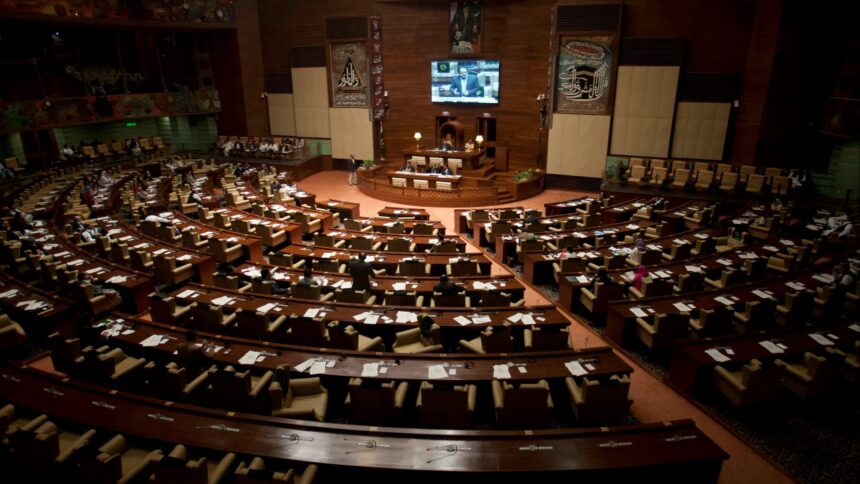Pakistan’s Senate passed the Criminal Laws (Amendment) Bill, 2025, abolishing the death penalty for publicly stripping a woman and harboring hijackers, replacing it with life imprisonment or up to 25 years in prison. The bill, introduced by Minister of State for Interior Talal Chaudhry, aligns with EU GSP+ trade requirements and ICCPR standards, aiming to limit capital punishment to the most serious crimes.
The decision sparked heated debate. PTI Senator Ali Zafar argued that stripping a woman is as grave as murder, insisting the death penalty should remain. BAP Senator Samina Mumtaz Zehri warned that leniency could embolden criminals, citing low conviction rates due to weak prosecution. Federal Law Minister Azam Nazeer Tarar countered, noting that Pakistan’s 100+ death penalty offenses have not reduced crime, unlike Europe’s lower crime rates without capital punishment. He emphasized that only four Shariah-specified crimes warrant the death penalty.
The Senate also approved the Extradition (Amendment) Bill, 2025, to expedite extradition by removing the need for dual cabinet approvals, despite concerns from Senator Zafar about potential misuse against Pakistani citizens. Tarar clarified that extradition operates on reciprocal agreements with built-in safeguards.
Additionally, the Pakistan Citizenship (Amendment) Bill, 2025, allows overseas Pakistanis who renounced citizenship to reapply through a formal declaration, extending the provision to their minor children. This aims to reconnect the diaspora with their homeland.
Separately, a privilege motion against the Acting Vice-Chancellor of Quaid-e-Azam University was referred to the relevant standing committee for review.


Leave a Reply